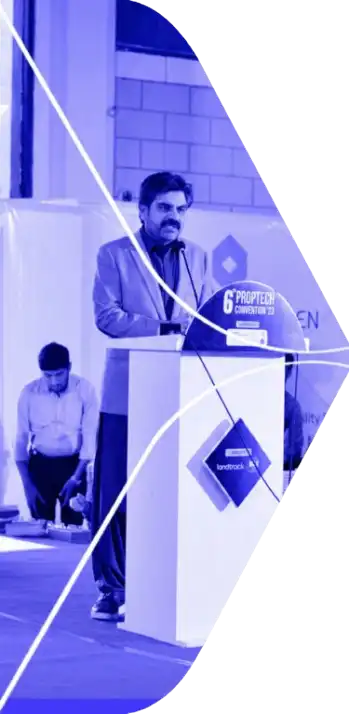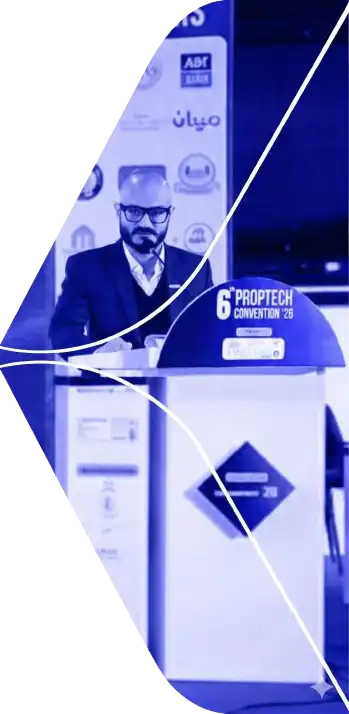The sessions will explore key topics such as business strategy, leadership development, innovation, HR trends, digital transformation, and market expansion. Attendees will gain valuable insights and practical strategies to stay competitive, foster growth, and drive long-term business success.
Why you should not miss this conference
00+
speakers00+
eXHIBITORS00+
Attendees00
Sponsors

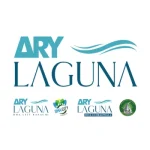




















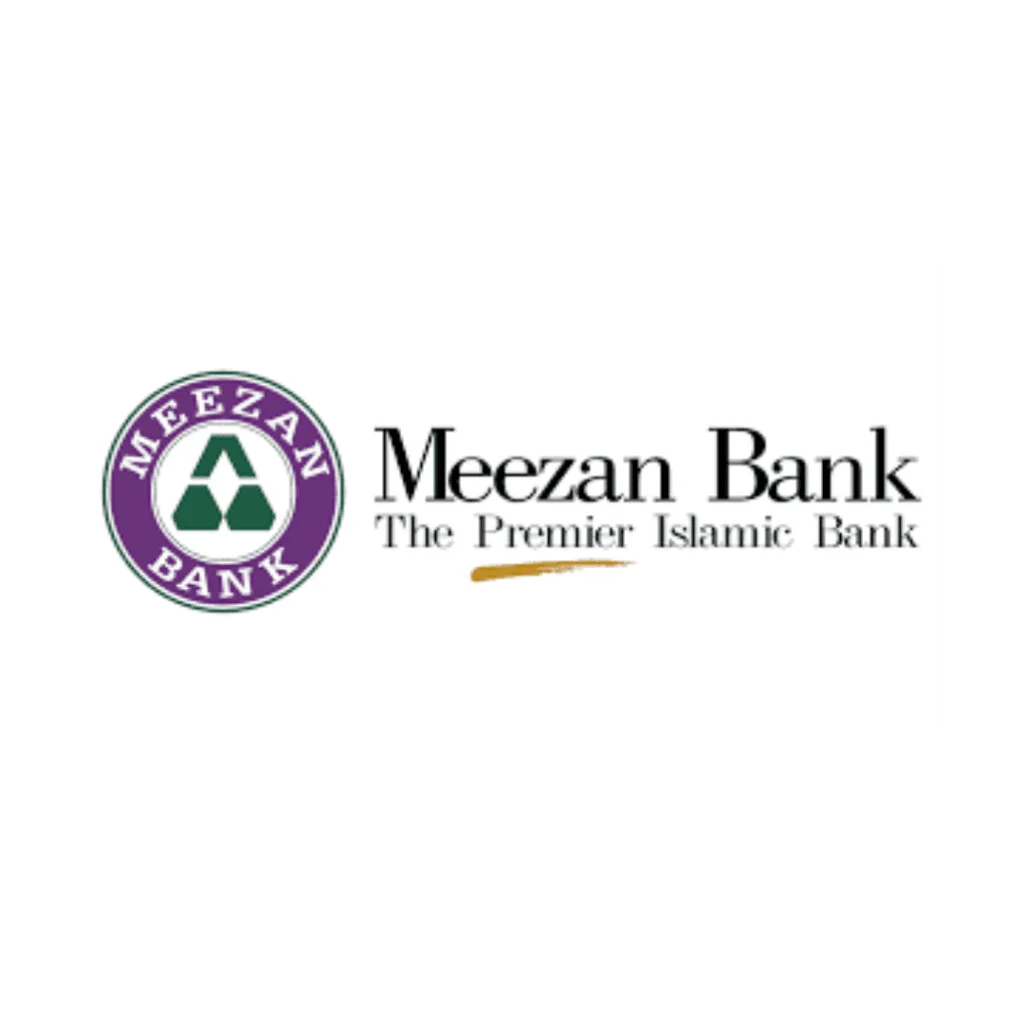














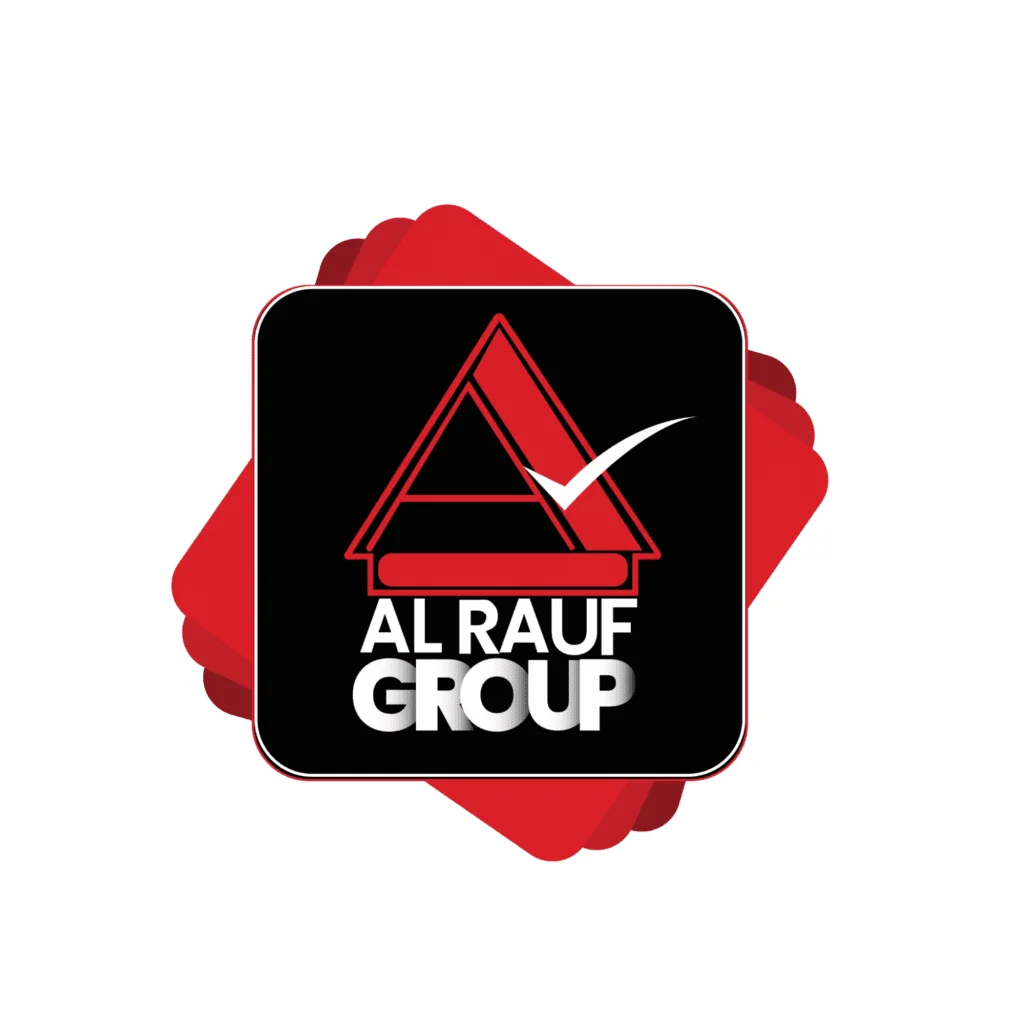





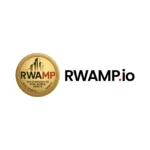
















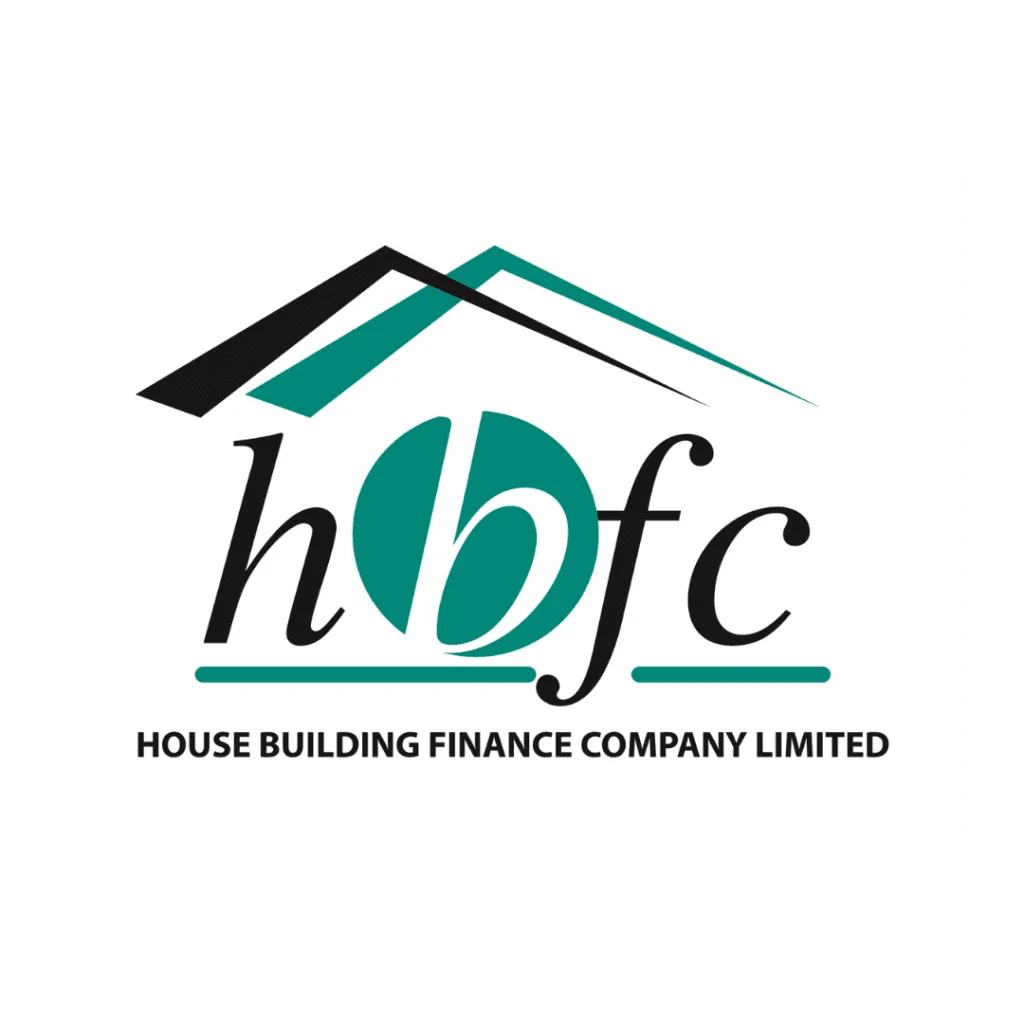

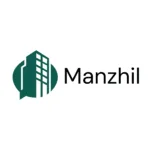
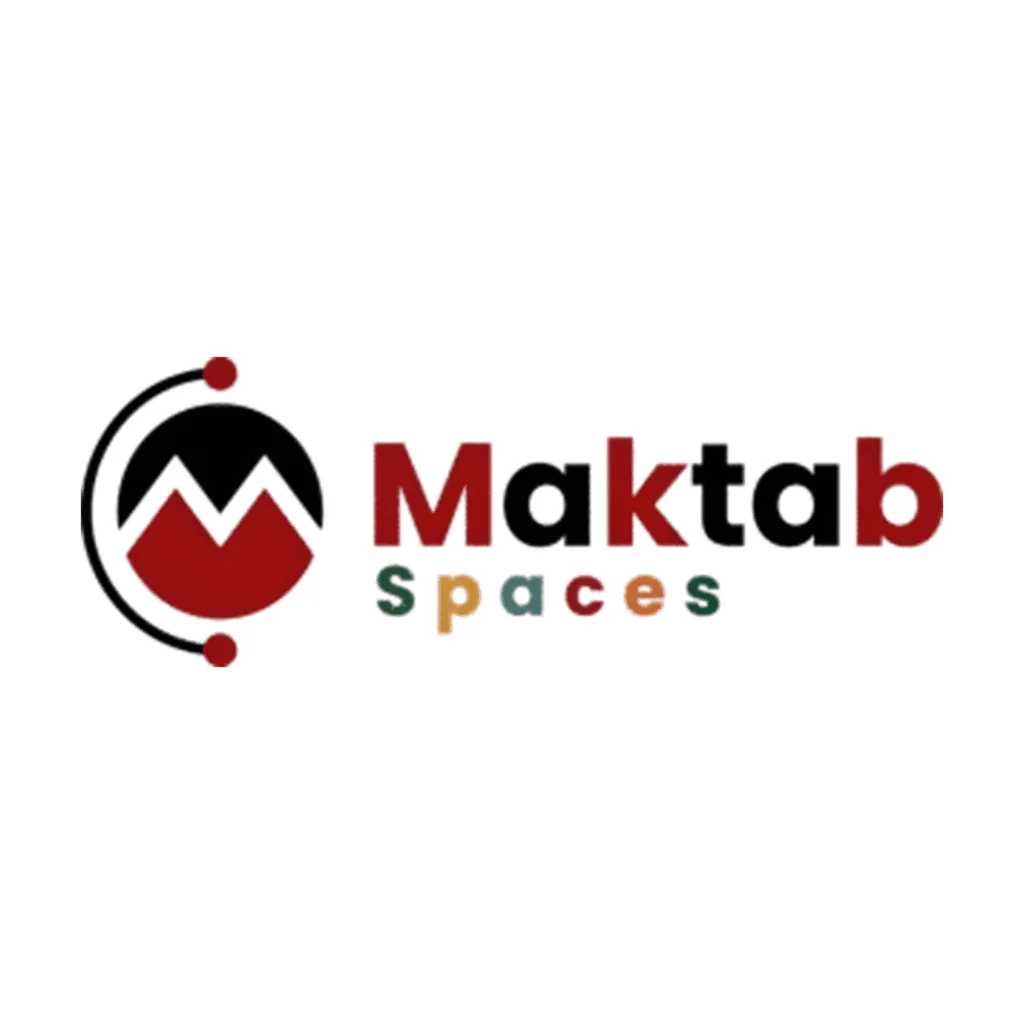




















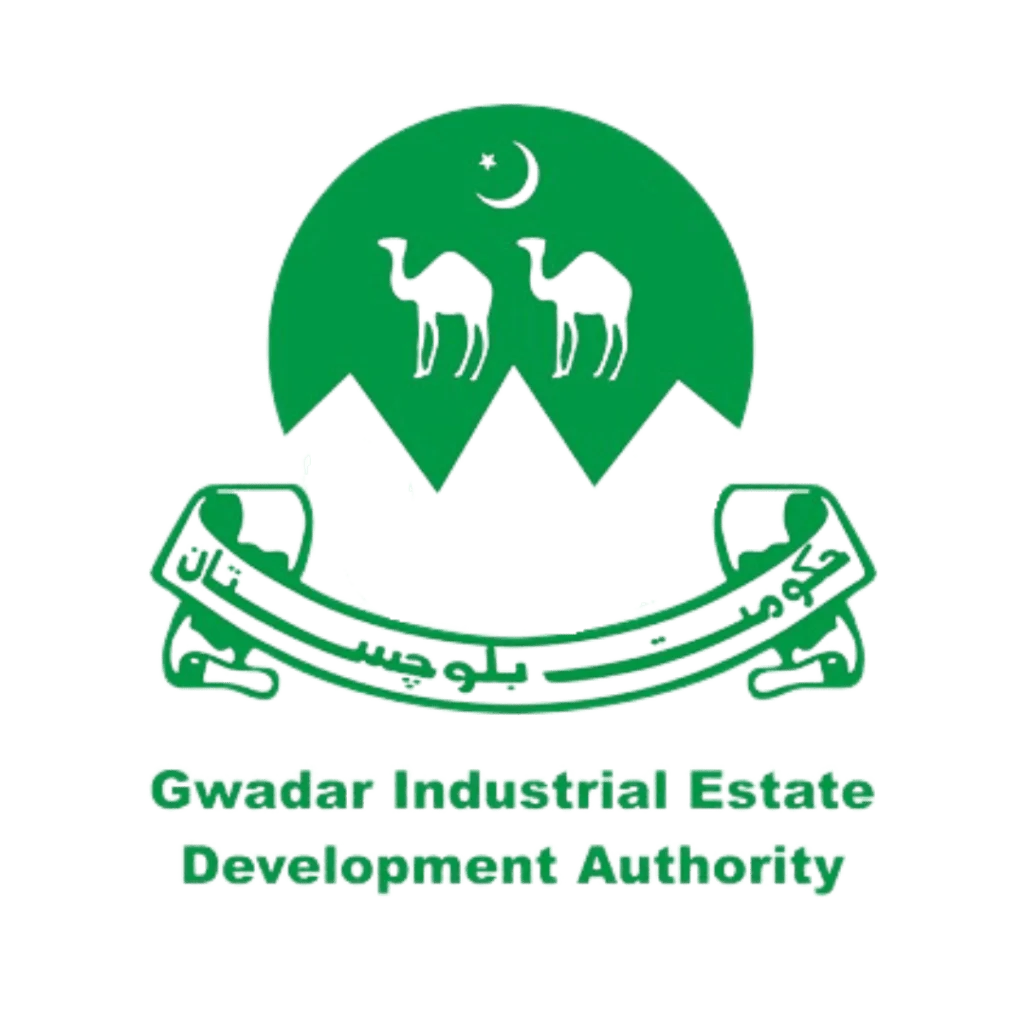
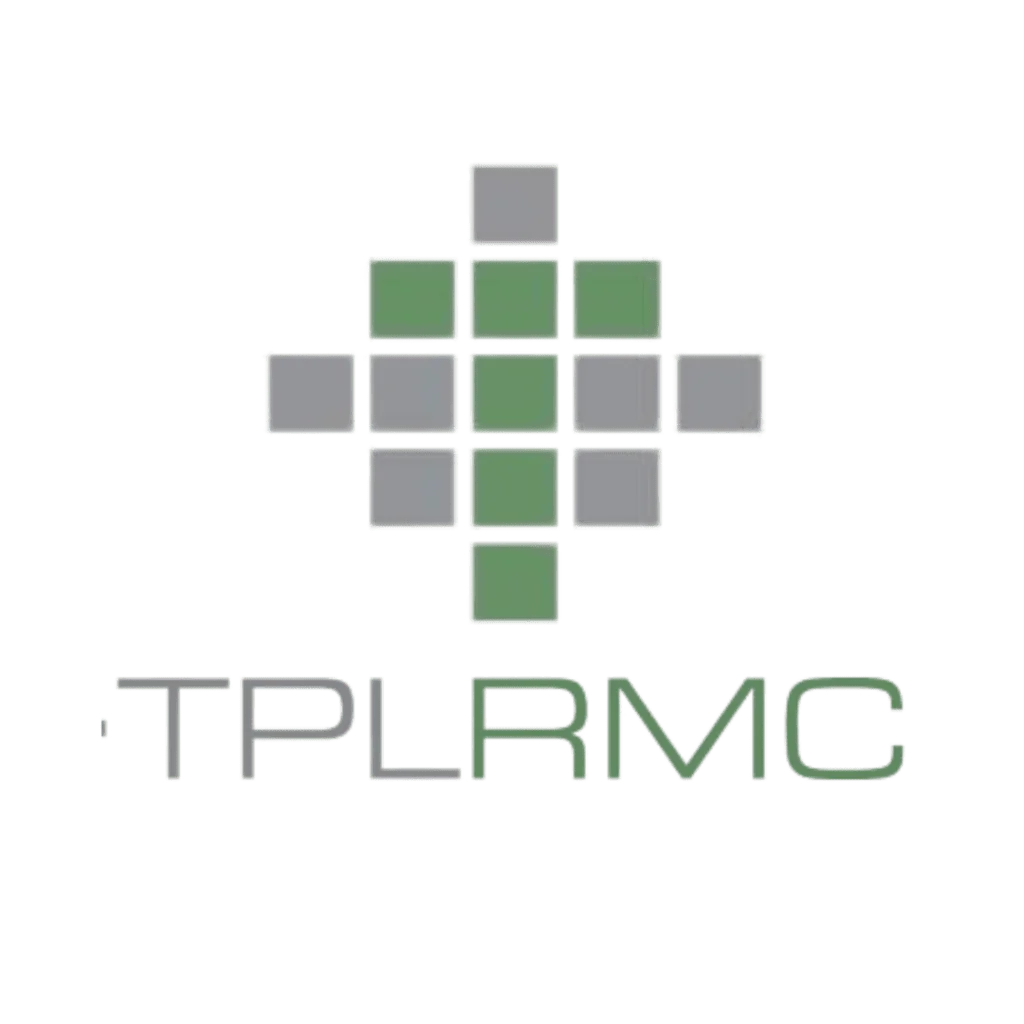






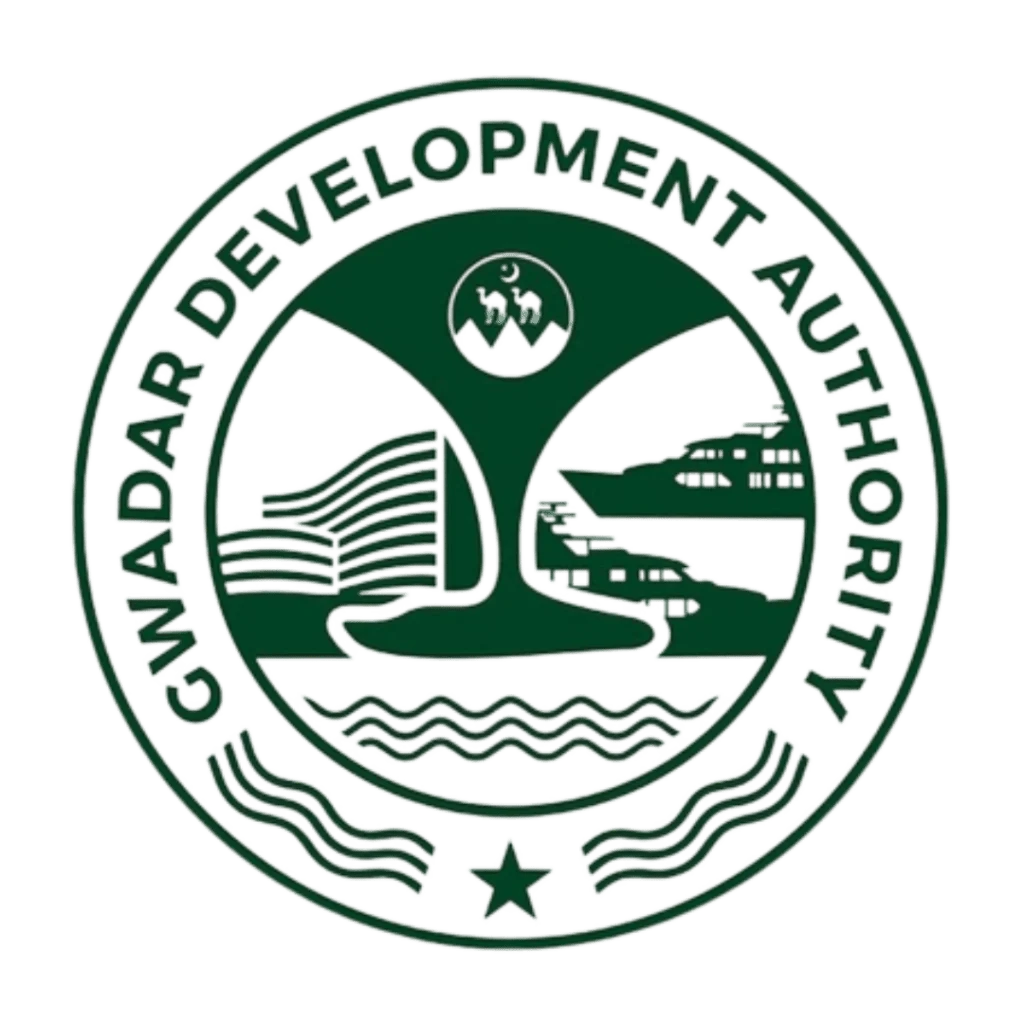




The Future of Business Schedule of conference
| Monday, March 17 | Monday, March 18 | Monday, March 19 | Monday, March 20 |
|---|---|---|---|
| 10:00AM - 5:00PMRegistration Open | 8:00 am – 9:00 amBreakfast | 8:00 am – 9:00 amBreakfast | 8:00 am – 9:00 amBreakfast |
| 10:30 am – 1:00 pmNewcomers Tour | 9:00 am – 9:15 amOpening Remarks | 9:00 am – 9:10 amOpening Remarks | 9:00 am – 9:10 amConcurrent Workshops |
| 1:30 pm – 3:00 pmMega Sessions | 9:15 am – 10:05 amKeynote: Eric Mosley | 9:10 am – 9:55 amKeynote Panel | 9:15 am – 10:50 amBreak |
| 4:00 pm – 5:00 pmSolo Social | 10:05 am – 10:50 amKeynote: Adam Grant | 9:55 am – 10:45 amNetworking & Activities | 9:50 am – 12:20 amMega Sessions |
| 5:00 pm – 8:00 pmCustomer Celebration | 10:50 am – 11:10 amNetworking & Activities | 10:45 am – 12:00 pmConcurrent Workshops | 12:20 am – 1:30 amLunch |
| 11:10 am – 12:00 pmLunch | 12:00 pm – 1:30 pmLunch |
About the Future of business conference
 Meetco in Action: People-Centric Business.
Meetco in Action: People-Centric Business.
Discover how Meetco fosters a people-first approach, bringing together business leaders to drive innovation, collaboration, and sustainable growth through meaningful connections and shared insights.
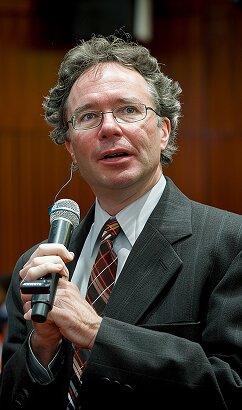
















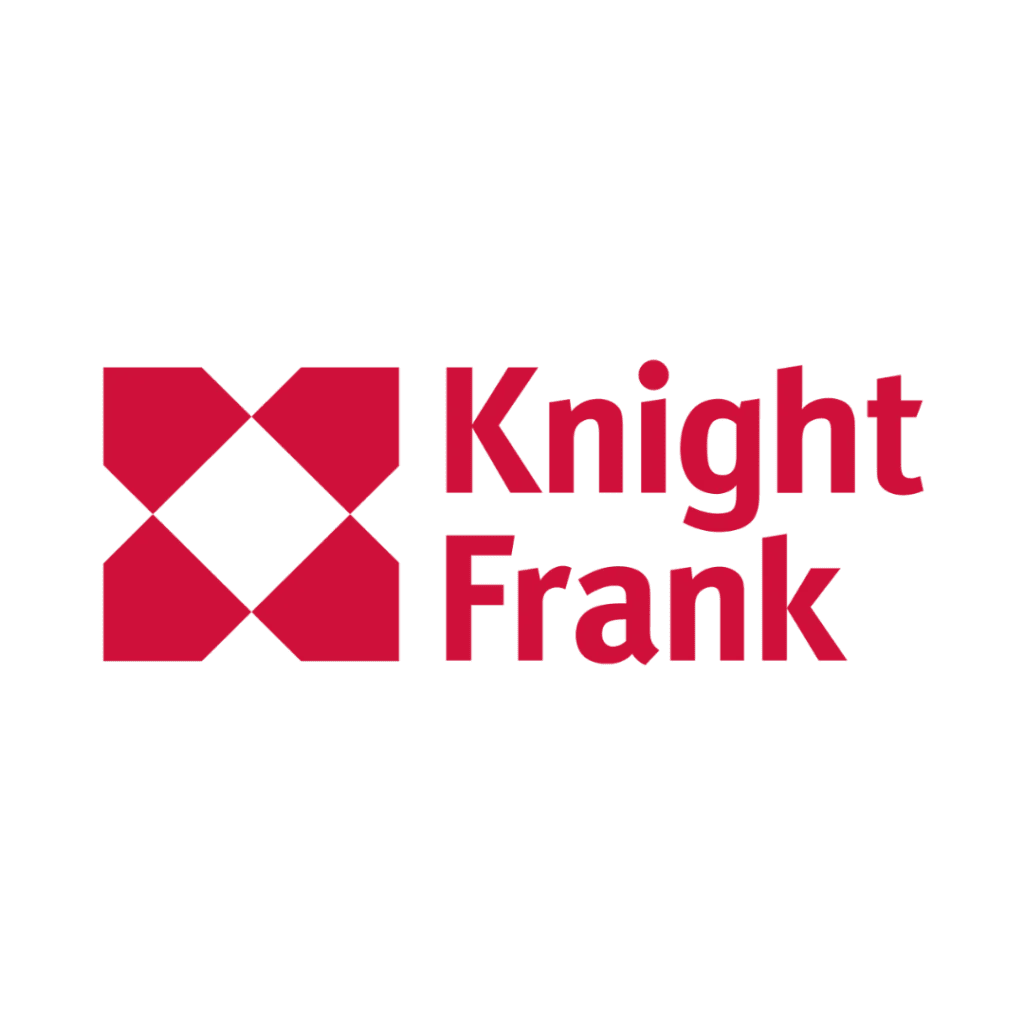





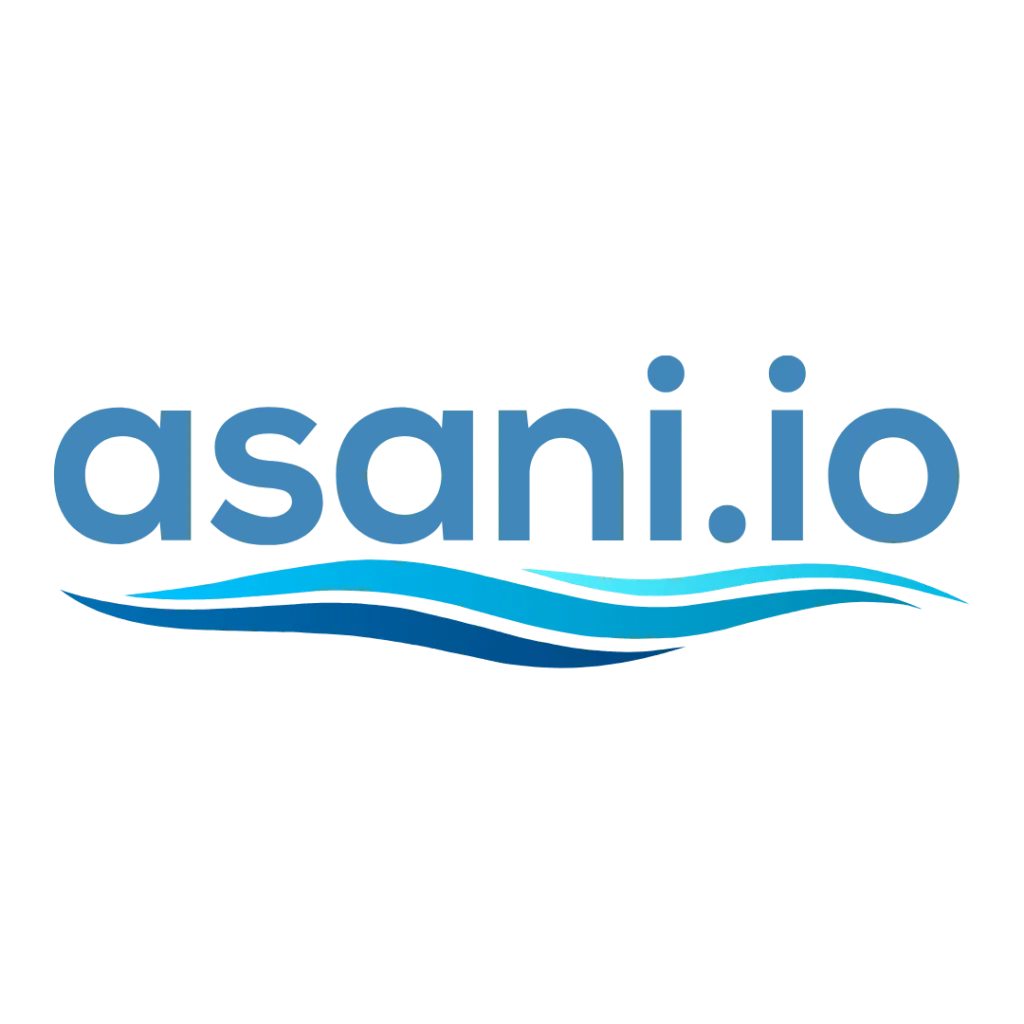






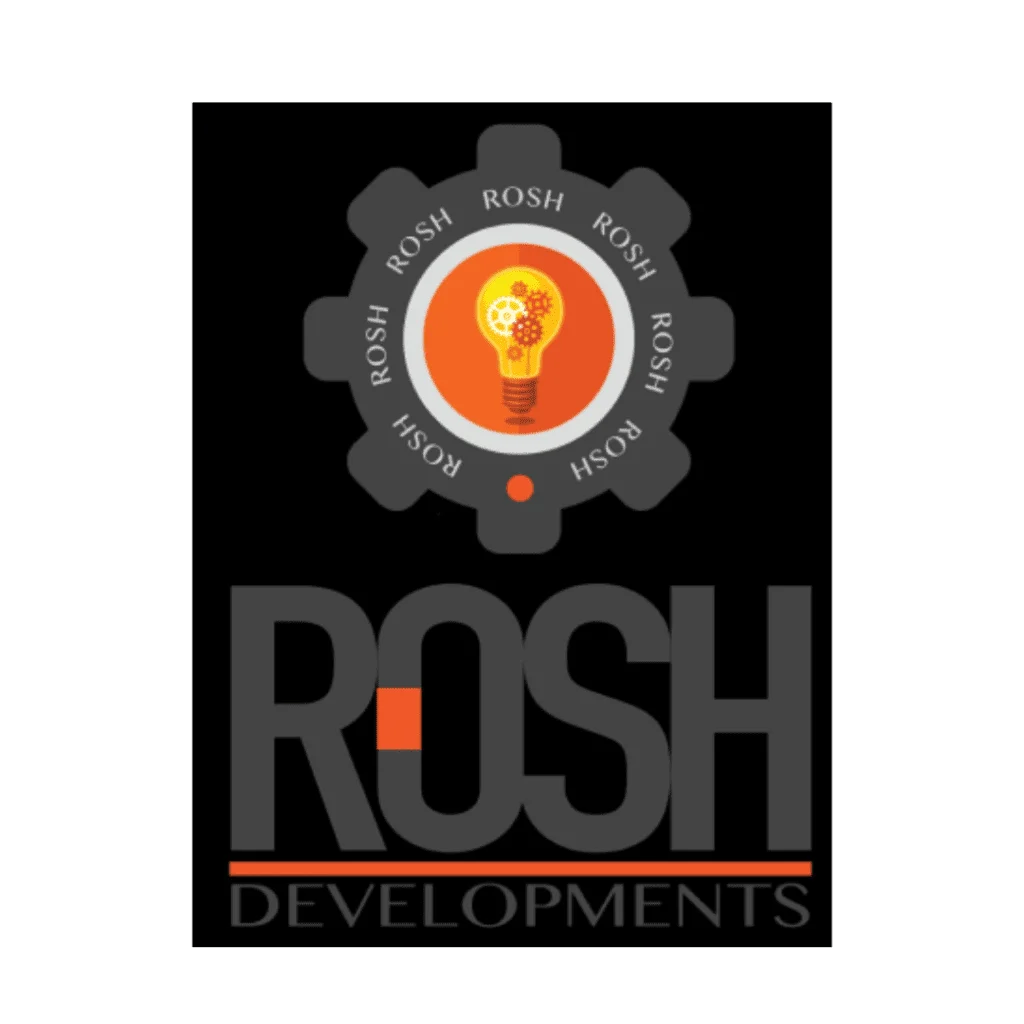






















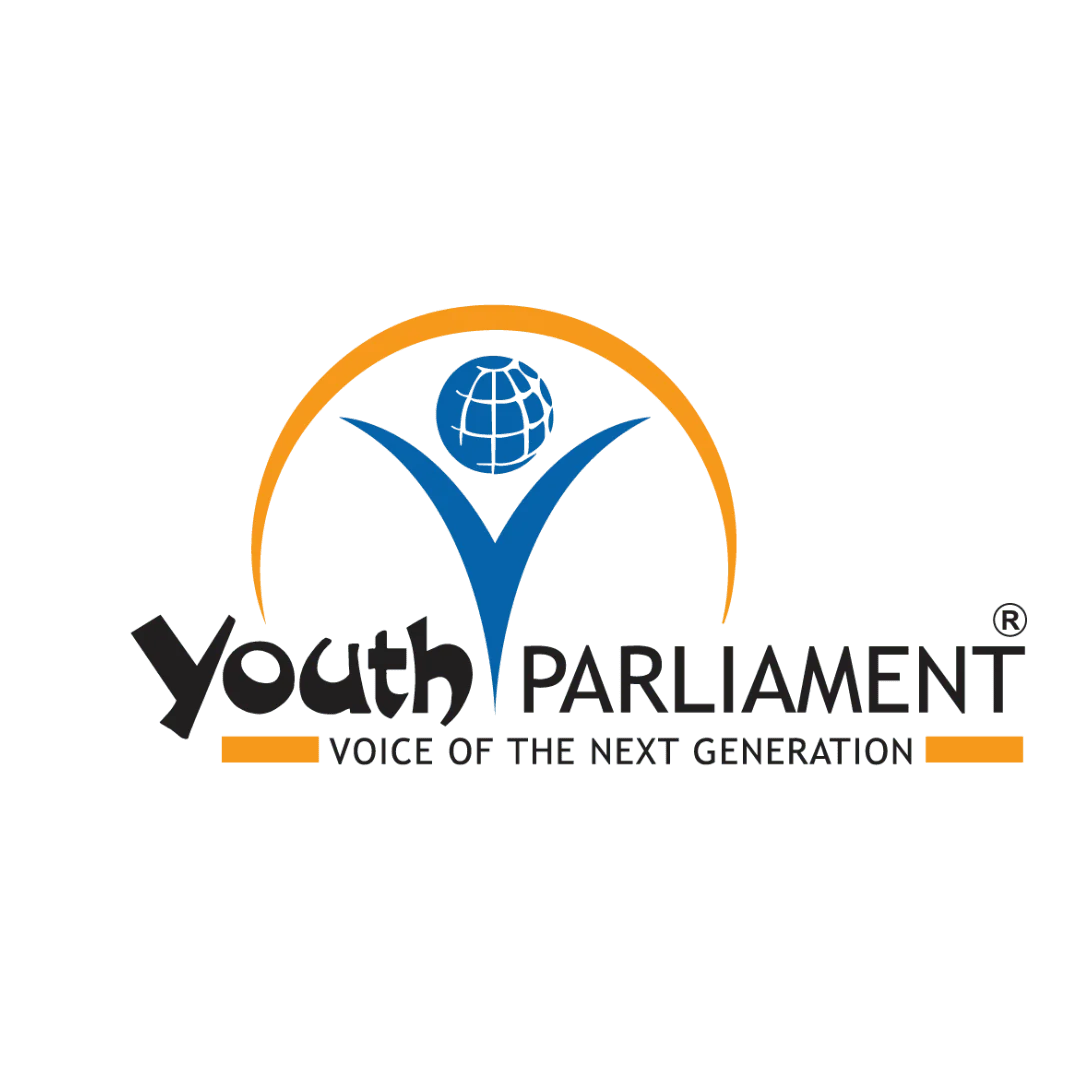









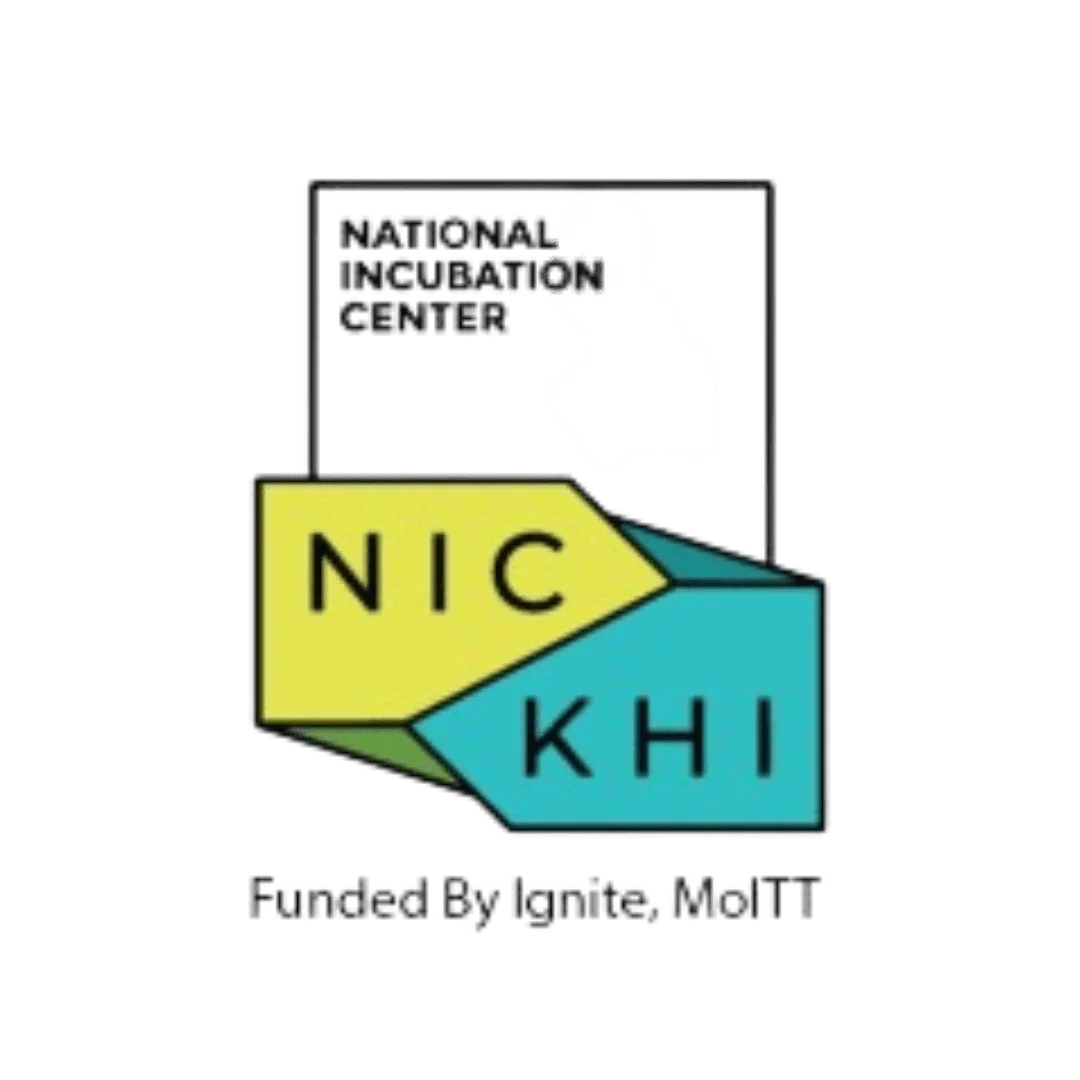

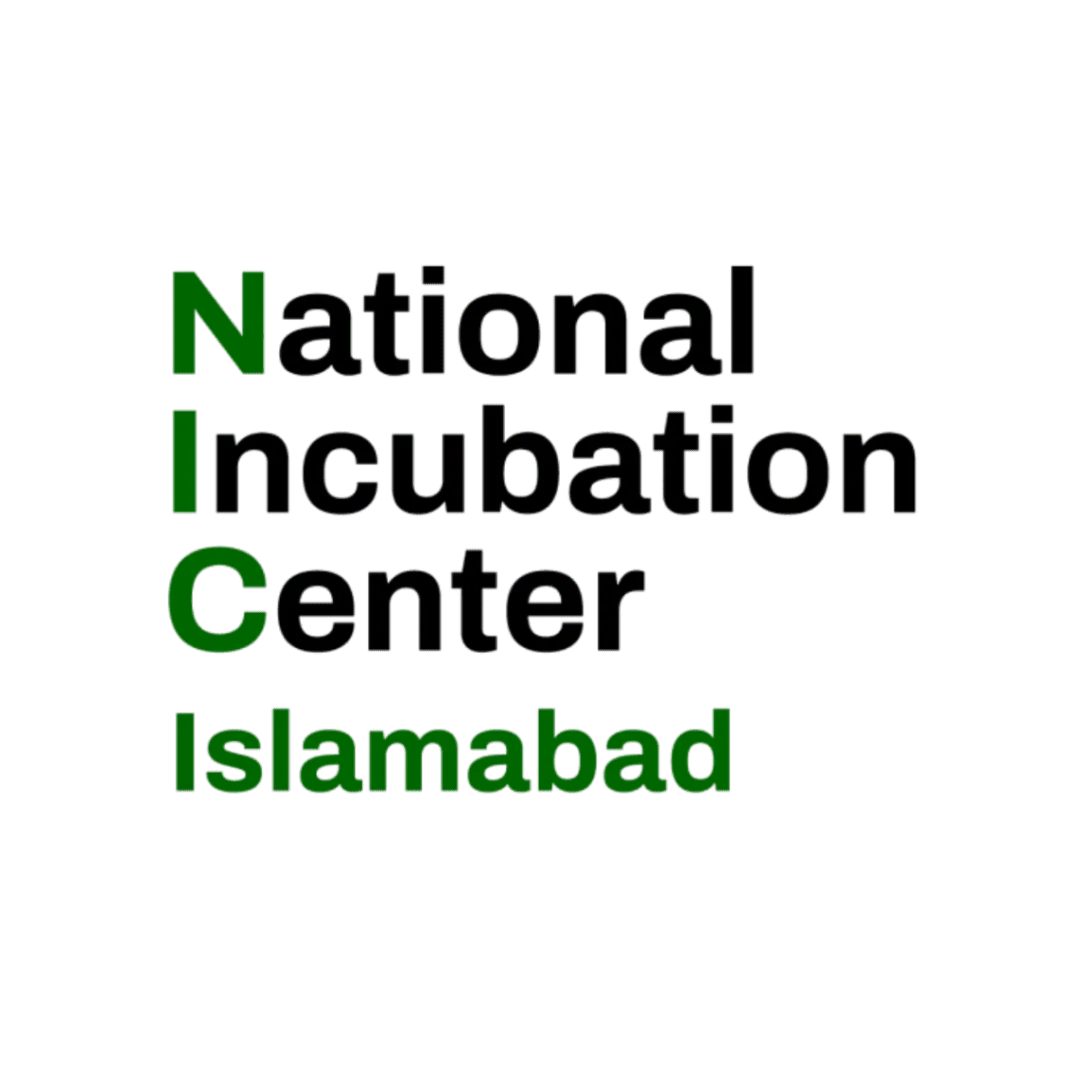



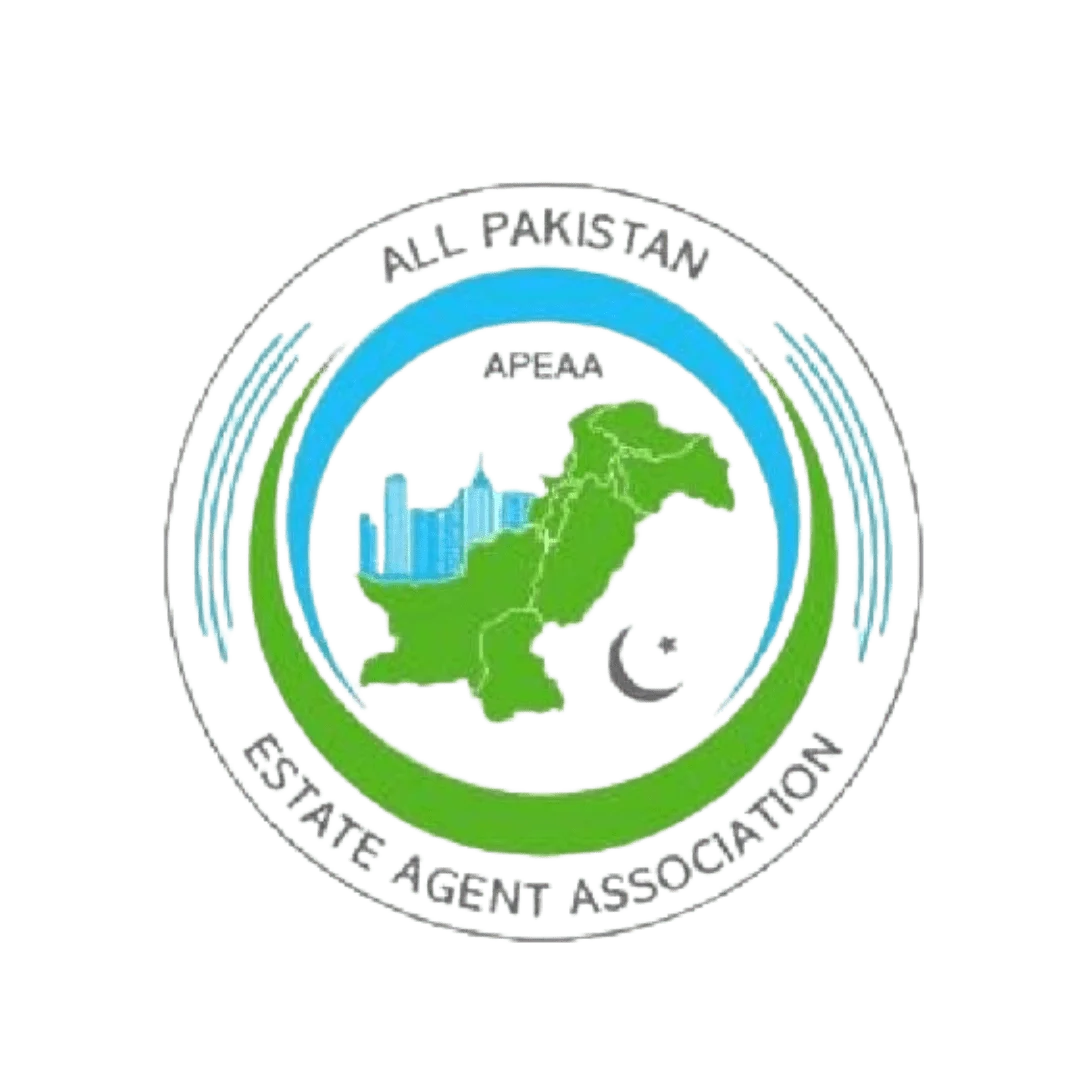









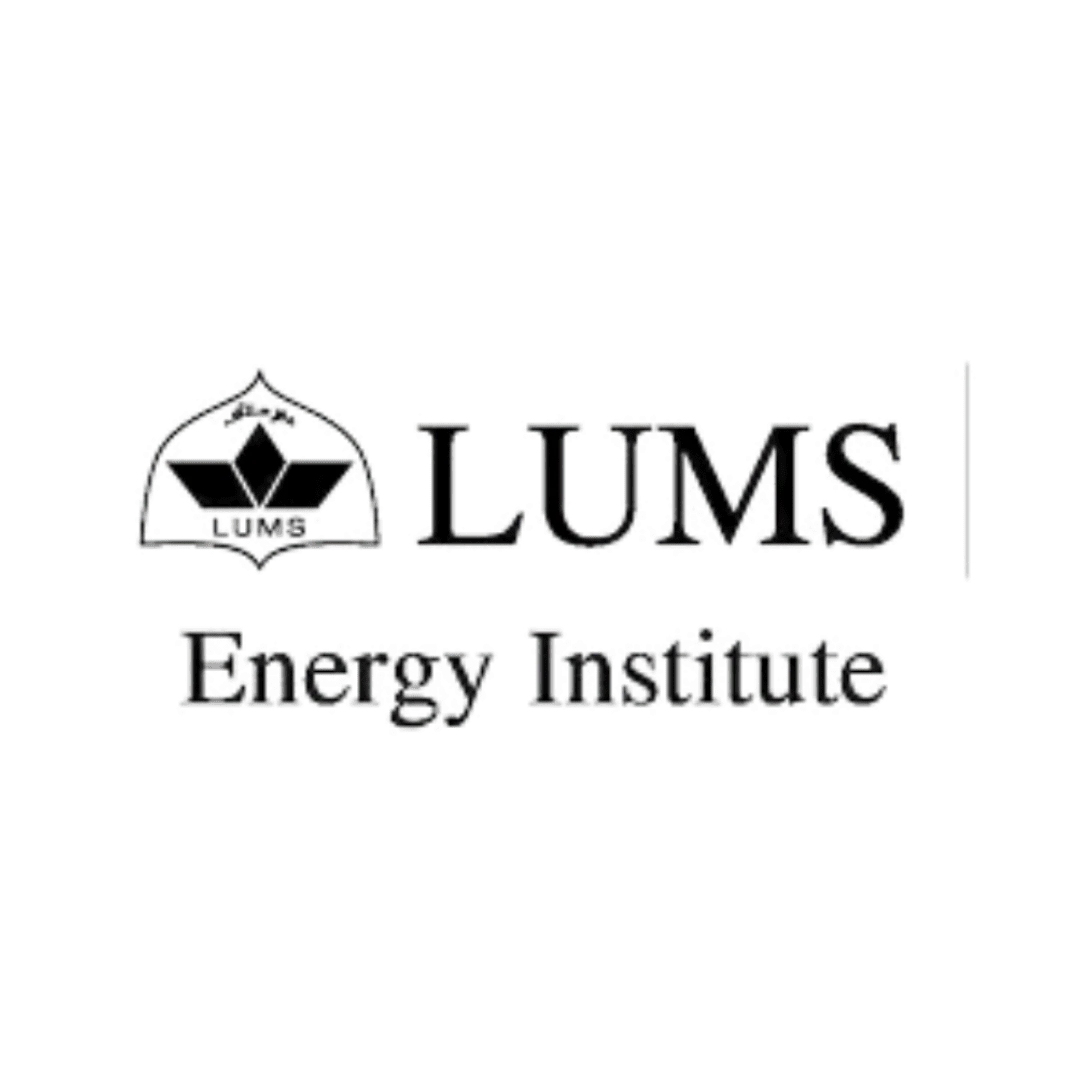
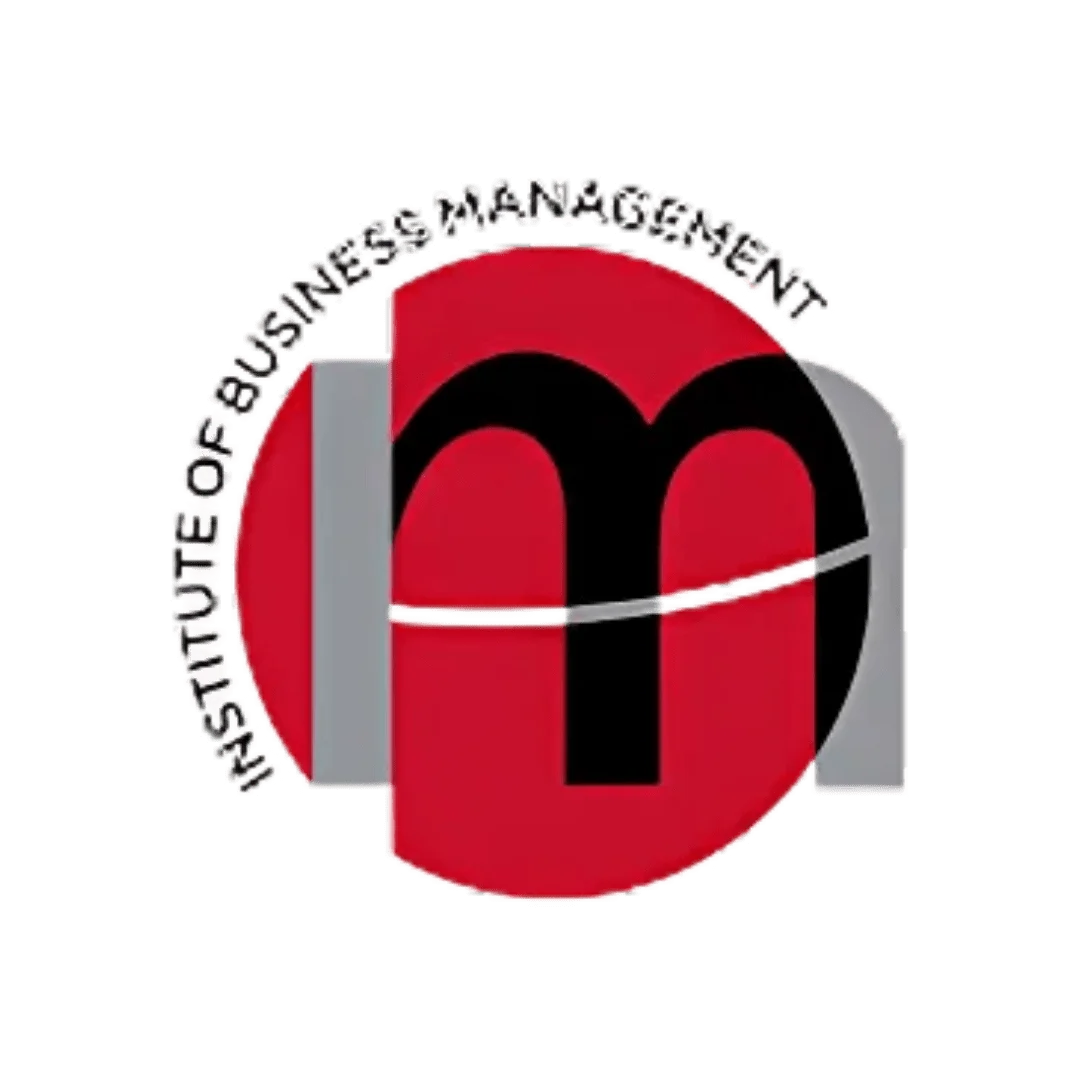









What awaits for you at the Conference
Insightful Talks
The conference offers insightful talks strategy, leadership, innovation, growth.
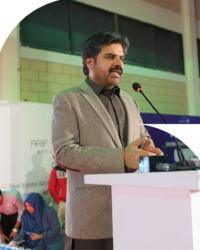
Networking Opportunities
The conference offers networking with industry leaders and professionals.
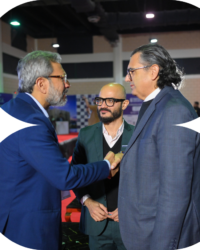
Latest Trends
Discover the latest trends in business, Real Estate, innovation, and digital transformation.
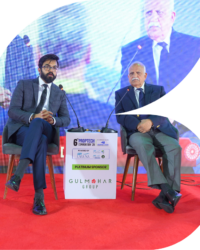
Practical Solutions
Explore practical solutions to business growth and tackle industry challenges.
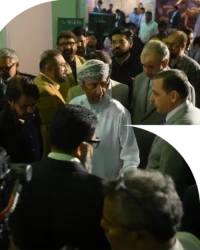
Inspiration & Motivation
Gain inspiration and motivation from leaders, Experts and successful entrepreneurs.
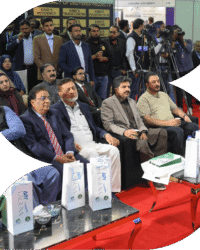
What they've said about us
Discover what attendees and speakers have to say about our past events. Their feedback highlights the exceptional organization, valuable content, and impactful networking opportunities.
"Kudos to the organizers, Ecommerce gateway, and landtrack.pk! This was a much needed event to Revitalize Pakistan's Real Estate sector. "

Raheel Rinch
MD Aman Builders"The entire Proptech team deserves our gratitude for their efforts. Thanks to everyone involved for creating such a successful event."

Fayyaz Ilyas
CEO Falaknaz Group"I have been teaching Real Estate for 35 years , but still I learned alot from this event."

Amanullah Panjwani
CEO PIBSAT"The event was exceptional, with great speakers and networking opportunities. Kudos to the organizers. Looking forward to more such events."

Brig. Hasan Raza
Emaar Pakistan"The PropTech Convention was incredibly informative and beneficial. I'm thrilled it will continue to inspire future attendees. "

Nilofer Lalani
CEO Blue Skyline Builders"I'm grateful to the Proptech Convention for the opportunity and look forward to more innovation-driven gatherings. "
Ayesha Haleem
CEO Property Wallet"It features involvement from the State Bank and key players in property, technology, builders and developers. A great ecosystem for startups and stakeholders."

Syed Azfar Hussain
NIC Hyderabad"I enjoyed this event alot hearing about Proptech revolution. Thanks to Proptech Convention for rising our hopes for continued success."

Arshad Awan
CEO Homy Properties"I believe the PropTech convention can benefit the construction industry, especially regarding energy-efficient buildings."

Dr. Fiaz Ahmad
LUMS Energy InstituteWhat they've said about us
Secure your seat today and be part of an inspiring event filled with knowledge, networking, and new opportunities!.

Fill Out the Form & Join the Conference
Hurry up!


Frequently Asked Questions
-
Who should attend the Business Forum?
-
Is there a virtual attendance option?
The sessions will explore key topics such as business strategy, leadership development, innovation, HR trends, digital transformation, and market expansion. Attendees will gain valuable insights and practical strategies to stay competitive, foster growth, and drive long-term business success.
-
How can I register for the event?
The sessions will explore key topics such as business strategy, leadership development, innovation, HR trends, digital transformation, and market expansion. Attendees will gain valuable insights and practical strategies to stay competitive, foster growth, and drive long-term business success.
-
What is included in my ticket?
The sessions will explore key topics such as business strategy, leadership development, innovation, HR trends, digital transformation, and market expansion. Attendees will gain valuable insights and practical strategies to stay competitive, foster growth, and drive long-term business success.
Reserve Your seat Today!
 Unlock Success: The Future of Business
Unlock Success: The Future of Business
The Future of Business delves into strategies, innovative solutions, and leadership insights that will shape the future of business, helping organizations thrive in a rapidly changing environment.

